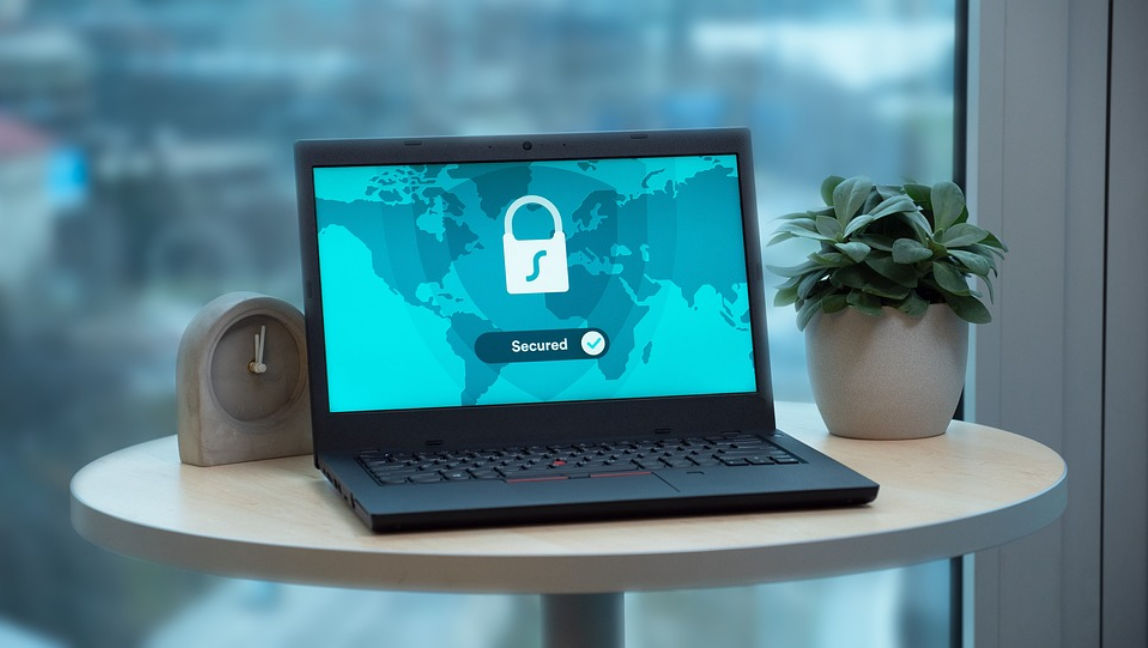Virtual Private Networks (VPNs) can be a lifesaver when it comes to securing your online privacy and accessing content from all over the world.
However, just like any other software, VPNs are prone to issues that can impact your experience. Here are the most common VPN issues and how you can fix them.
What Are VPNs & How Do VPNs Work?
VPNs, or Virtual Private Networks, are a secure way to access the internet.
They provide a layer of encryption and allow you to browse securely from anywhere in the world, even if you’re using public Wi-Fi.
When you connect to a VPN, your device establishes an encrypted connection with the VPN server.
This means that anyone monitoring your connection will not be able to see what websites you visit or any other online activity you do while connected to the VPN server.
The VPN also hides your IP address. Your IP address is like an identifier that shows which country/region you’re located in and can be used by hackers to track your online activities.

By connecting to a VPN, your IP address is hidden and replaced with the server’s, meaning that hackers and other third parties will not be able to see where you are located or any of your online activity.
VPNs also provide an additional layer of security by allowing you access to region-locked websites.
This can be especially helpful if you’re traveling or living in a country with strict censorship laws.
With a VPN, you can bypass these restrictions and access previously blocked websites and services.
Using a VPN is one of the best ways to stay anonymous while browsing the internet, as well as stay safe from hackers and other cyber threats.
So whether you’re looking for privacy or security, using a VPN is a smart move.
FAQs about How to Fix the Most Common VPN Issues
What are the most common VPN issues?
The most common VPN issues are connection errors, slow speeds, and limited access to certain websites or services.
How can I fix a connection error issue with my VPN?
To troubleshoot connection errors with your VPN, start by checking that your internet connection is working properly. If it’s not, contact your Internet Service Provider for help. Additionally, make sure you’re using the correct login credentials for your VPN provider and try restarting your router. If these steps don’t work, try reinstalling the VPN client software on your device.
How can I speed up my slow connection?
To speed up your slow connection, start by making sure you’re on the right server for your needs. Some VPNs offer servers with specific purposes, such as streaming or torrenting. If you’re using a shared server, switch to a dedicated one for better speeds. Additionally, try switching protocols and make sure to use the most updated version of your VPN client software.
How can I access certain websites that are blocked by my VPN?
Most commonly, websites and services will be blocked if they are not available in the country that your current VPN server is located in. To access these websites or services, try switching to a different server location in a different country where the website or service is available. If that doesn’t work, contact your VPN provider for help.
Are there any risks associated with using a VPN?
Yes, there are some potential risks associated with using a VPN. These include the possibility of data leaks, your activity being monitored by your ISP, and not all VPNs providing strong enough encryption to protect your privacy and security. Make sure to research any VPN you’re considering using before signing up for an account. Also, be sure to read their terms of service carefully and use caution when connecting to public Wi-Fi networks while connected to a VPN.
What should I do if my questions haven’t been answered?
If you have any further questions about how to fix the most common VPN issues, contact your VPN provider directly. They should be able to provide you with more detailed information and assistance. You can also search online for user forums or blogs dedicated to specific VPN services that may offer helpful advice.
Quick Links:
- How to Get Rid of Tinder Error Code 40303? [Easy Fix Guide]
- Best Antivirus with VPN: [Everything You Need to Know]
- 7 Best VPN For Roobet: (Play and Withdraw Safely in the US)
- DATA LEAK! 7 VPN Services Including Rabbit VPN Leaked Over 1.2TB of Private User Data
Conclusion: How to Fix the Most Common VPN Issues?
In conclusion, VPN issues can be frustrating, but they can usually be resolved with a few simple steps.
Whether you’re experiencing slow speeds, disconnections, or compatibility issues, following the above steps should help you get back up and running in no time.


